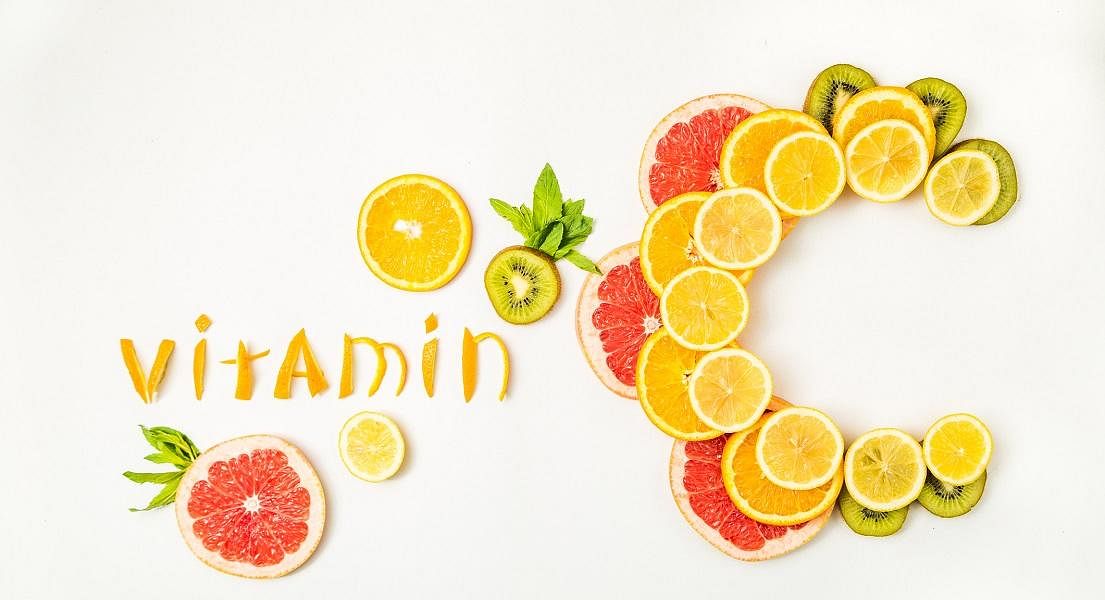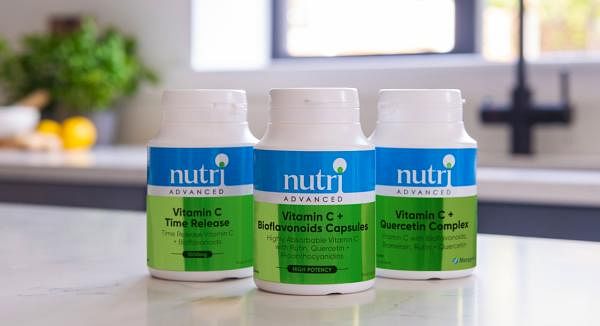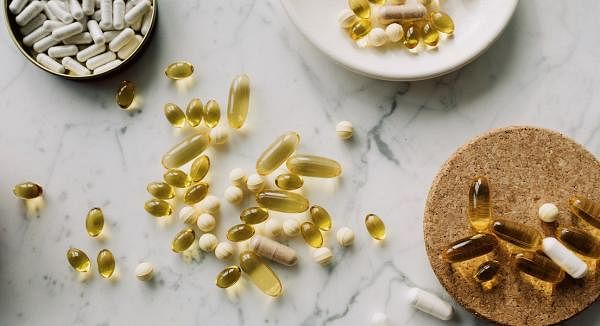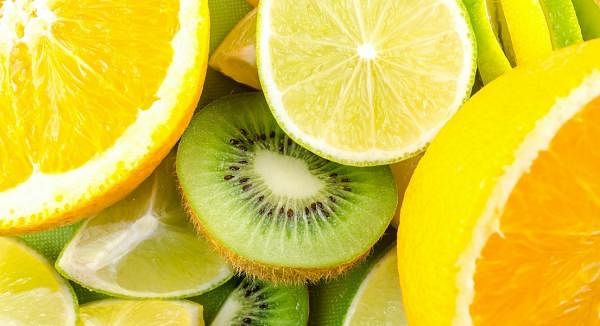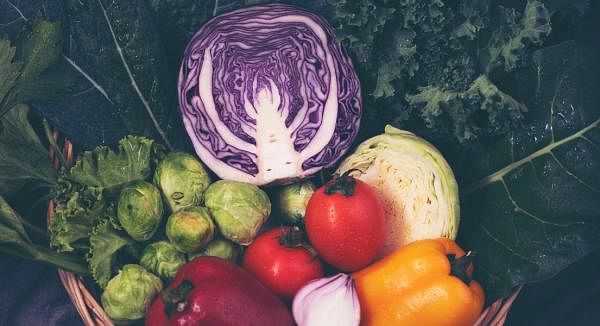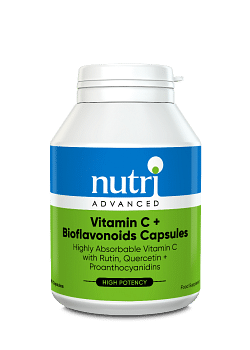Taking A Closer Look At Vitamin C
Why you can trust Nutri Advanced Every article on our site is researched thoroughly by our team of highly qualified nutritionists. Find out more about our editorial process.
The history of vitamin C is an interesting one. Most animals can produce their own vitamin C, yet somewhere along the evolutionary line, humans and other higher primates, guinea pigs, most bats, and some species of birds or fish lost their ability to synthesise this important nutrient.
We can’t make vitamin C, and our bodies cannot store this essential nutrient either so we are heavily reliant on getting plenty into our daily diet. It is a water-soluble nutrient, so any that is consumed and not needed, leaves the body through urine. Cooking vitamin C-rich foods, storing them for a long period of time or exposure to light can all reduce the vitamin C content, hence why the best sources of vitamin C are raw or gently steamed fruits and vegetables – eaten as fresh as possible.
Vitamin C & your health:
• Collagen formation - the body’s major building protein. Vitamin C is therefore essential for the maintenance of healthy connective tissue, which gives support and structure for other tissue and organs.
• Wound healing – Vitamin C’s role in connective tissue makes it an important nutrient for wound healing. Decreased wound healing rate.
• Support a healthy immune system – A recent review of 20 double-blind, placebo-controlled trials suggests that vitamin C does appear to help shorten the duration of a cold and reduce the severity of symptoms.
• Cardiovascular health - Vitamin C appears to protect LDL cholesterol from damage, and in some trials, cholesterol levels have fallen when people supplement with vitamin C.
• Antioxidant – Vitamin C helps to protect cells and tissues from free radical damage.
• Antihistamine – Vitamin C helps to reduce histamine and so may reduce the symptoms of hay fever.
• Balanced stress response – Studies have shown that supplementation with vitamin C helps to normalize stress-hormone levels.
• Exercise – Supplementation with vitamin C may improve exercise performance and recovery.
Top 10 food sources of Vitamin C:
• Peppers (red, green, yellow, chilli)
• Dark leafy greens
• Guava & Papaya
• Citrus fruit
• Peas
• Broccoli
• Kiwi fruit
• Berries
• Tomatoes
• Mange tout
Increase your daily vitamin C
Unfortunately the typical Western diet (high in refined sugar and convenience food, and low in fresh wholefoods, fruits and vegetables) fails miserably when it comes to vitamin C. Most people will benefit from the dietary addition of a daily vitamin C supplement. Choose vitamin C in the form of ascorbic acid or as buffered mineral ascorbate if you have a more sensitive gastrointestinal system. For general health, around 1000mg daily is recommended, however if you have increased needs you may need to take a higher dose for a limited time.
This website and its content is copyright of Nutri Advanced ©. All rights reserved. See our terms & conditions for more detail.
Nutri Advanced has a thorough research process and for any references included, each source is scrutinised beforehand. We aim to use the highest value source where possible, referencing peer-reviewed journals and official guidelines in the first instance before alternatives. You can learn more about how we ensure our content is accurate at time of publication on our editorial policy.
Most Popular Articles
-
7 Surprising Ways To Support Your Magnesium
If you are displaying signs of a magnesium deficiency, here are 7 ways to boost your magnesium levels that are easy to incorporate into your daily life. -
5 Best Vitamin C Supplements Picked By Our Experts
Learn more about the different types of vitamin C, the different benefits you get from different types, and what you get for spending more on a good supplement. -
Top 5 Vitamins For Energy And Tiredness Picked By Our Experts
The 5 best and most important vitamins for energy & tiredness including B vitamin food sources & best supplement forms for energy. -
Benefits of Myo-Inositol for Polycystic Ovary Syndrome (PCOS)
In this research review article, we take a closer look at a lesser-known natural compound called myo-inositol that has been found to have significant potential to improve many of the prevalent features of PCOS. -
Top 10 Reasons to Give Your Kids Omega-3
Read the top 10 reasons that kids should have plenty of Omega-3- an essential fatty acid- including for depression, brain function, sleep & reading/maths skills.

